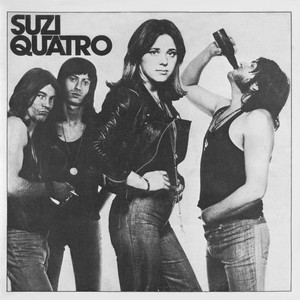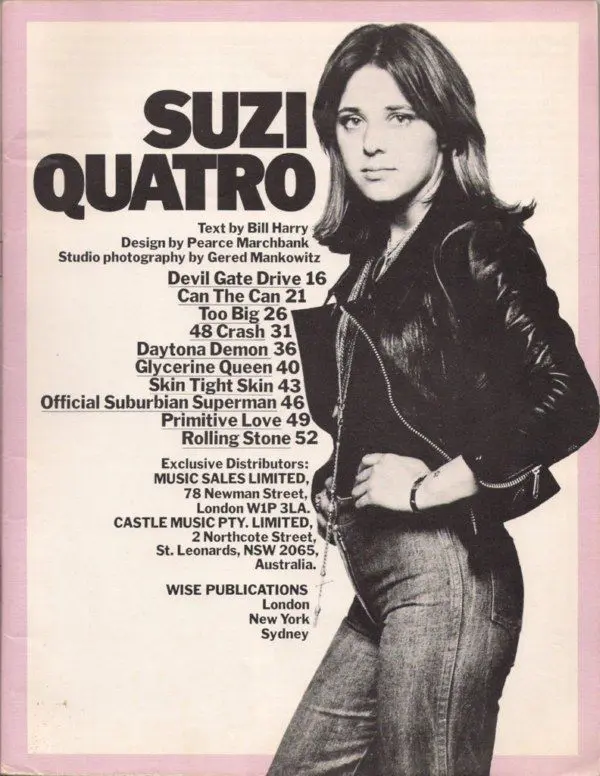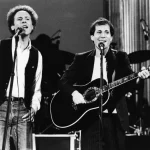Suzi Quatro’s “Daytona Demon”: A Glam Rock Roar with Enduring Impact

Released in November 1973, Suzi Quatro’s “Daytona Demon” didn’t just follow her breakthrough hit “Can the Can”; it blasted onto the scene, cementing her status as a groundbreaking force in rock music. This track showcased Quatro’s raw energy and unapologetic rock-and-roll spirit, driving her to a respectable No. 14 on the UK Singles Chart and further establishing her as a formidable presence.
“Daytona Demon” was more than just a song; it was a visceral declaration of independence and power. From the very first beat, listeners were assaulted by pounding drums that propelled the rhythm forward with the force of a high-octane racing machine. The snarling guitars weren’t just playing notes; they were spitting fire, creating a gritty, rebellious edge that perfectly complemented Quatro’s iconic vocal delivery. Her performance on “Daytona Demon” was a masterclass in raw attitude, embodying the song’s twin themes of speed and rebellion with every growl and wail. It was a clear, undeniable statement: Quatro was a pioneer, a fierce female artist not just staking her claim, but conquering a male-dominated rock landscape with sheer force of will and undeniable talent.
While “Daytona Demon” may not have ignited the charts in the United States, its impact in the UK and across Europe was undeniable and long-lasting. It quickly became, and robustly remains, a beloved ’70s glam rock classic, a powerful testament to Quatro’s enduring appeal and profound influence on subsequent generations of musicians. The song perfectly encapsulates the vibrant, often audacious, sound and aesthetic of the glam rock era, with Quatro at its absolute best – commanding, dynamic, and completely full throttle. It’s a track that continues to resonate with fans, not only for its infectious energy but also for its symbolic significance in the history of female rock ‘n’ roll. “Daytona Demon” stands as a sonic time capsule, preserving the very essence of Suzi Quatro’s groundbreaking artistry and her pivotal role in shaping the sound of the 1970s.











